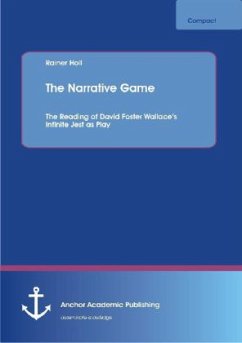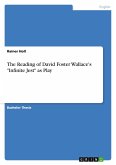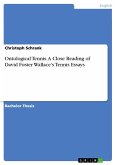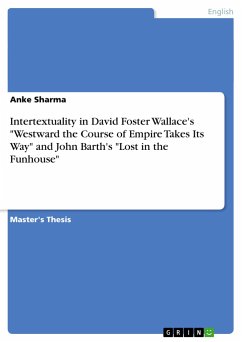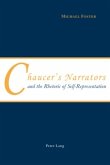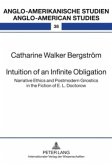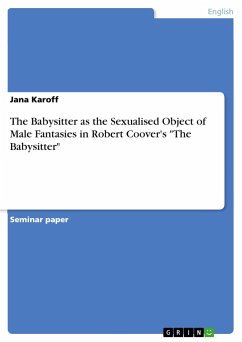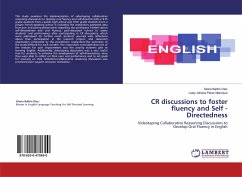In 1996, David Foster Wallace published his second major novel 'Infinite Jest' that changed not only our understanding of what literature can do but, also the way we read literature. Despite its age, the book has not lost a single bit of its fascination, its actuality, and its academic appeal.
With its hundreds of characters, thousands of pages, hundreds of endnotes and myriads of different perspectives, sub-plots, and narrative digressions, 'Infinite Jest' was, and still is, an extraordinary challenge for its readers as well as literary critics.
One interesting question related to Wallace's work is to what extent readers are able to establish, and defend their own way of approaching literature, their natural reading habits, their personal boundaries, and their readerly authority that are challenged by their discourse with the book. The author shows in how far the reader of 'Infinite Jest' has to get involved in this work of play, how it affects the way they read the book, and how the idiosyncratic reading experience finally becomes an integral part of the whole book itself.
With its hundreds of characters, thousands of pages, hundreds of endnotes and myriads of different perspectives, sub-plots, and narrative digressions, 'Infinite Jest' was, and still is, an extraordinary challenge for its readers as well as literary critics.
One interesting question related to Wallace's work is to what extent readers are able to establish, and defend their own way of approaching literature, their natural reading habits, their personal boundaries, and their readerly authority that are challenged by their discourse with the book. The author shows in how far the reader of 'Infinite Jest' has to get involved in this work of play, how it affects the way they read the book, and how the idiosyncratic reading experience finally becomes an integral part of the whole book itself.

